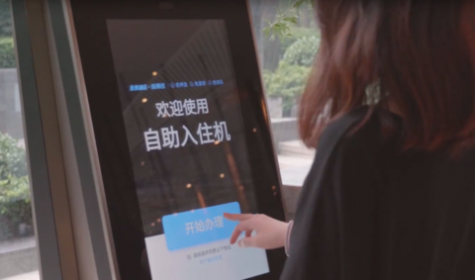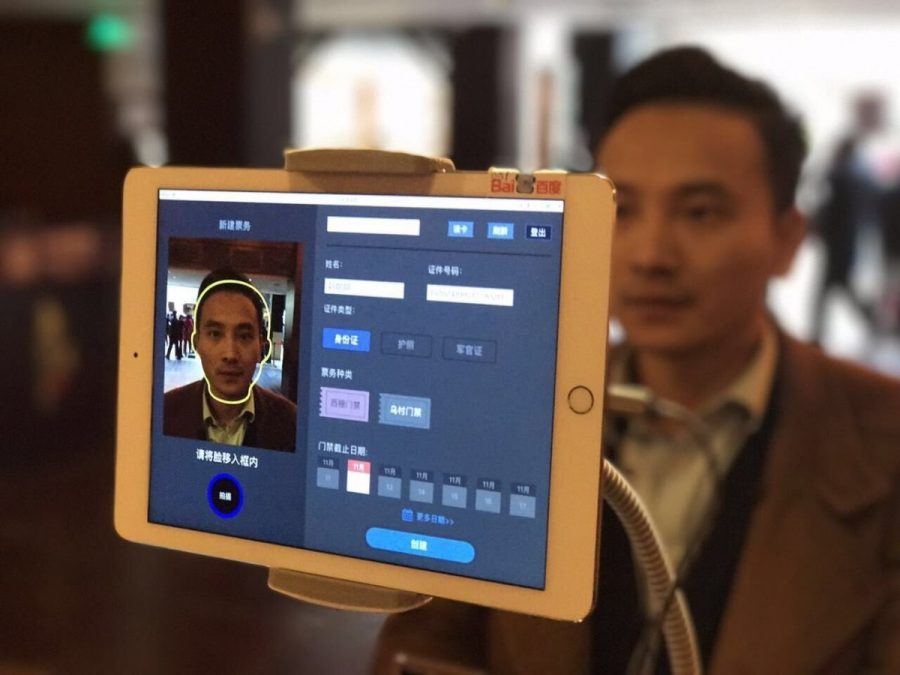Using Facial Recognition to Check in to Hotels
February 10, 2020
Singapore’s latest launch of the E-Visitor Authentication (EVA) System, is taking the world by storm. It allows verification of guests’ stay validity, which will also further facilitate an easy hotel check-in by speeding up the experience by 70% for guests by using the latest facial recognition technology. The system can be used on a mobile app or a kiosk in the hotel that will scan the guest’s passport to check-in.

Hotels that are participating in this new system, authenticate their guests’ identities, and the guest data would be sent directly to the Immigration and Checkpoints Authority (ICA) to verify the validity of their stay. The STB further claims that this new arrangement would permit hotel front office staff to use this saved time to interact with guests, share customized recommendations and insights on Singapore’s offerings and experience. With this increased face-to-face engagement, the hotel crew will be able to connect meaningfully with their customers and in return improve guest satisfaction levels.
Currently there are three hotels in Singapore with this technology: Ascott Orchard, Swissotel, and the Stamford and Grand Park City Hall, with many other hotels expected to adapt and join the EVA system soon.
In the 1980s, the Oriental Hotel was renowned for its personal service that was apparently achieved by secretly photographing guests at the check-in and quickly dispersing the images to all departments. The guests were astonished by the personalized greeting as they were being welcomed by name wherever they went in the hotel. However, with this quick advancement in technology, sharing guest data and linking and tracking them with government authority adds a new dimension that many guests might object to.
The invention of facial technology has already caused many privacy concerns in countries around the world. In China, a system scans all passengers at train stations to help decide which people are going to require further security checks and has raised issues about confidentiality. Monitoring citizens is one thing, but specifically monitoring visitors is completely different. A study conducted by Monmouth University Polling Institute found that 82% of respondents know that the government is watching the actions of U.S citizens through their gadgets and technology. Thus, there is a very real risk of many guests at these Singaporean hotels believing that these softwares can be used for nefarious purposes.
Even though these systems are being invented to help with security, it could have quite the opposite effect. Systems like these are very vulnerable to cyber attacks and the data could be used to hijack the user’s identity. A good solution to this controversy could be for hotels to hire more staff in order to speed up their check-in experience or use simple hotel loyalty apps that are already in existence.


